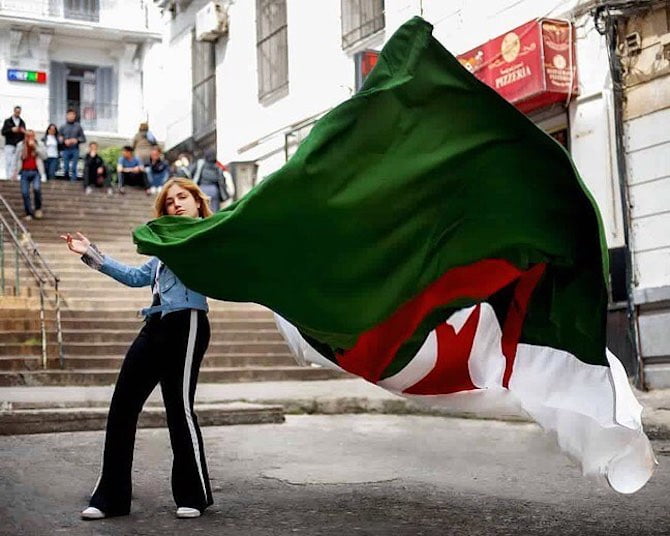
Long used as a theory to denominate communal differences and bring together isolated minorities and groups, now it is the primary dogmatic strategy of dividing and conquering nations’ political inspiration.
By Marita Kassis
Identity politics will always be the Middle East’s Achille’s heel. The concept rests on having different groups focusing exclusively and constantly on their identity and specific traits. It’s a divisive concept that has long resulted in two camps, one advocating for shedding light on otherwise forgotten issues that haven’t righteously received enough public attention.
In contrast, the opposite side of the spectrum would condemn it for dividing society and failing to find a denominator that would unite them under a common goal.
According to Merriam-Webster, political identity is: “politics in which groups of people having a particular racial, religious, ethnic, social, or cultural identity tend to promote their specific interests or concerns without regard to the interests or concerns of any larger political group.”
The concept is one thing, but its application carries a unique political agenda. Like religion, which, if you are a believer, is supposed to be the ultimate manifestation of a personal belief that guides you to righteousness and salvation – it is becoming today a weapon of mass manipulation to turn communities and cultures against each other. Operating like a whole enterprise, more people find themselves drawn to the purity of its form but not its public exhibition.
The sense of belonging is easily manipulated and heightened in times of interest. People and communities who feel like they’ve been wronged and carry an aspect of social pain and seclusion become easier to exploit by political giants.
There is also a need for a political understanding of how dangerous this can be in societies. Unfortunately, leaders invested in identity politics, and following that line of thought will always lead the country to chaos.
While it can help society broaden its notions of cultural differences and learn more about communal variances, the Middle East thrives by pitting these groups against each other and controlling humanity. Dividing and conquering is a known notion in military strategy many have used. Some countries today, like Lebanon, are so divided that uniting a common nation under the same sun is practically impossible.
This is to say that once a society is intrinsically divided, leaders working for a more significant cause cannot simply realign everyone. They can’t parachute the concept of democracy or change onto people and expect them to behave according to political norms following internationally recognised standards.
The clear understanding of a problem for a Lebanese residing in a rural area or an Iraqi or Syrian cannot be solved through a political agenda or a filing system in governmental offices. It will be solved for them when they reach out to their political or religious leader, who controls the area where these people live.
This breeds clientelism and the ultimate form of need. Political leaders avoid establishing a government with functioning offices and institutions and instead rely on their network of power, further consolidated by people’s dependence on them… in other words, political leaders replace a government that is intentionally absent.
It is synonymous with a political black box whereby the elite ruling the country deliberately avoids getting into adequate governance and public service to retain power, legitimacy, and a loyal public.
Not being able to safeguard their livelihood through an adequate and transparent administration, people would do anything to see those political leaders remain in power because they are the ones who retain the command of providing their communities with their necessities.






